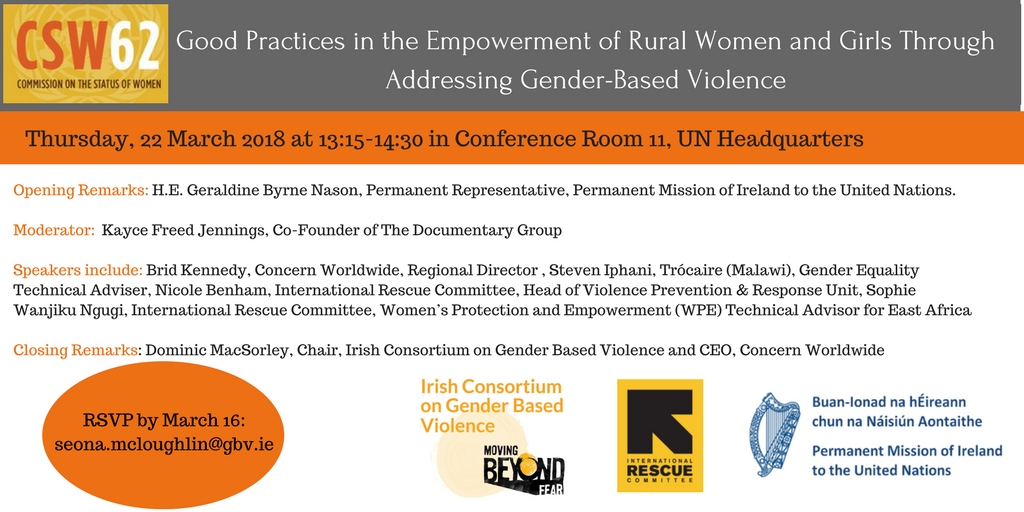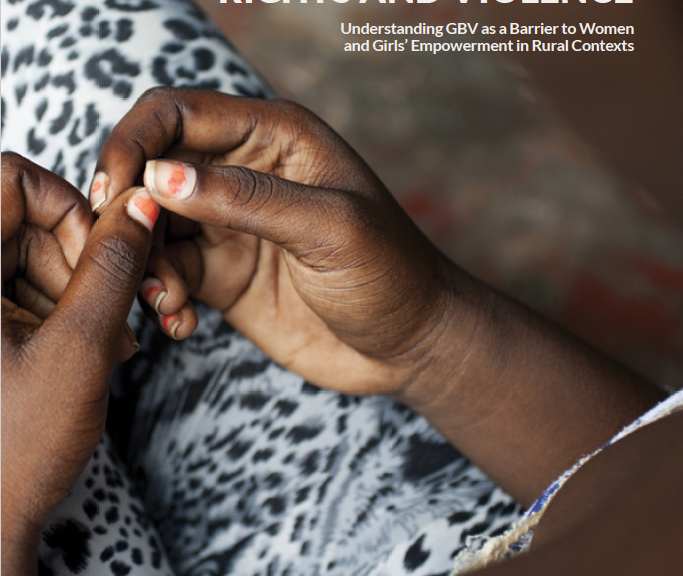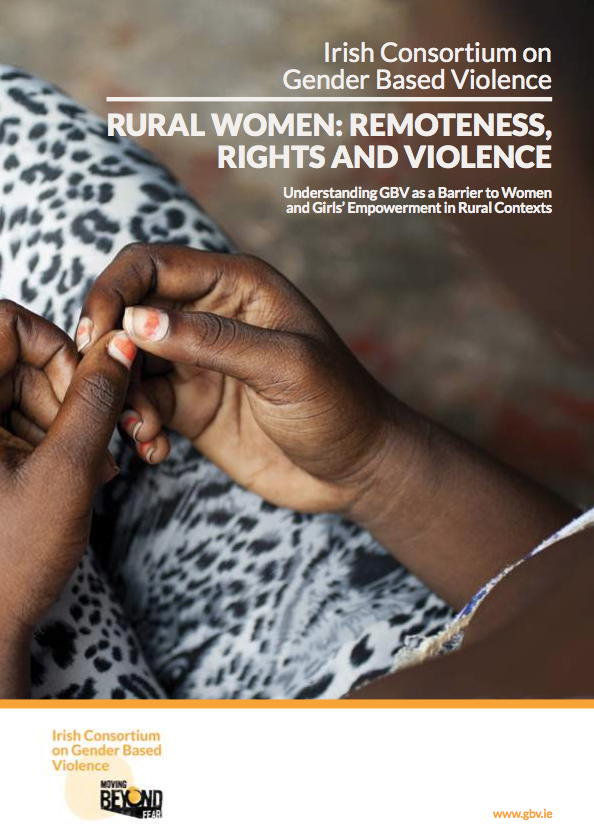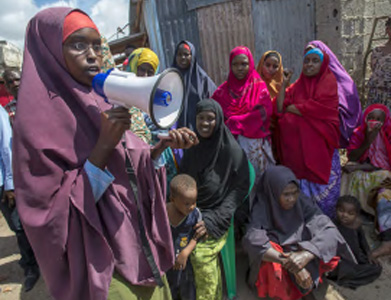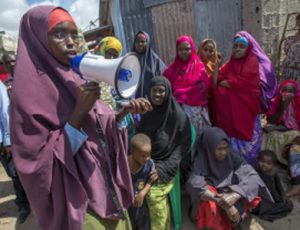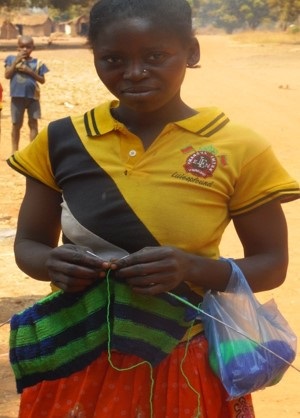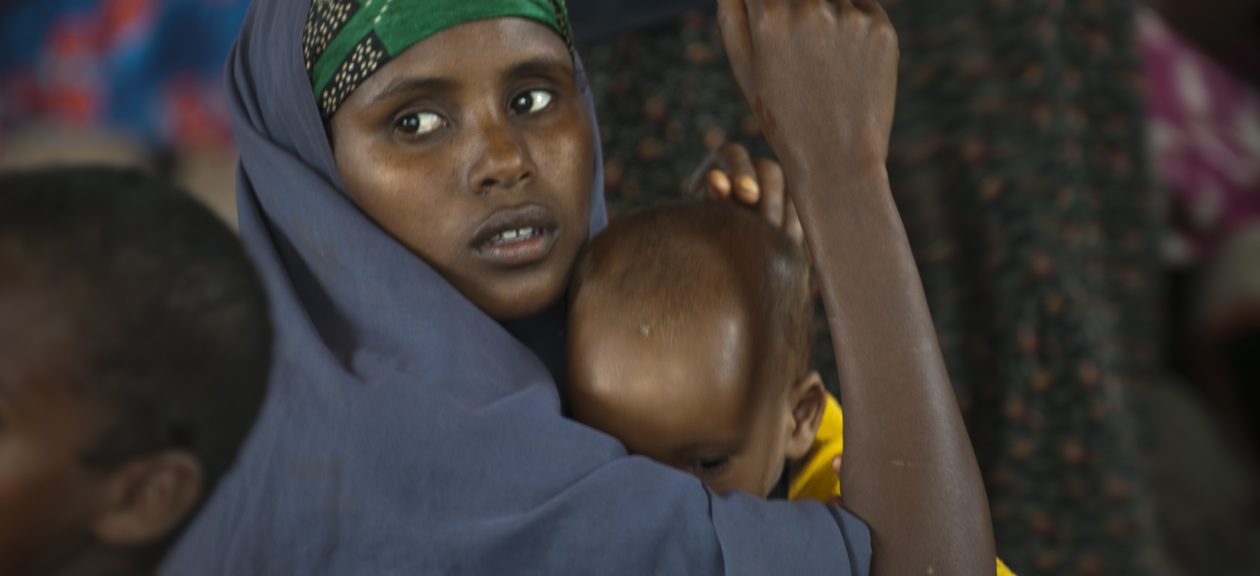Protecting women and girls from violence and abuse in the Central African Republic
The Central African Republic (CAR) has been beset by intermittent conflict for the last 20 years but in the aftermath of a coup d’état in 2013, fighting intensified and took on more ethnic and religious dimensions. By 2014, violence had reached unprecedented levels, displacing entire communities or trapping others in so-called enclaves surrounded by opposing militia groups.1
Gender based violence has been a central facet of the conflict with UNCHR reporting that in 2015, at the peak of the conflict, there were more than 60,000 cases of sexual and gender-based violence registered in the first 10 months of that year.2 That is equivalent to about 100 reported cases a day. In addition, the conflict has resulted in the deterioration of the already weak economy and education system, forcing more women to resort to transactional sex. The collapse of the judicial system in most parts of the country has resulted in widespread impunity for perpetrators of sexual violence.3
The district of Ouham, in the north west of CAR, is one of the most affected areas by conflict, with incidents of militia attacks and inter-communal violence, and some of the highest levels of internal displacement.4 Plan International uses a gender sensitive approach in its programming, recognising that girls are often more vulnerable and at a greater risk of abuse in conflict situations, and the Plan programme in the area of Ouham was aimed at improving the protective environment and educational prospects for girls and boys affected by conflict.
Through the utilisation of Child Friendly Spaces (CFSs) alongside established community based child protection mechanisms, Plan supported and strengthened the community’s capacity to prevent and respond to child protection concerns. Informal community based child protection committees (entitled RECOPE) were established and supported to lead communities in awareness raising, to identify girls and boys with protection issues and to refer them to the relevant service providers.
GBV was discussed with community leaders and RECOPE committees to help communities identify, prevent and support survivors of SGBV, both in domestic and public settings. Communities and individuals learned to prevent, identify, support and refer children traumatised by association with armed groups or at risk of recruitment. Training and support was also provided to local authorities in order to respond to cases of abuse and work with RECOPE committees on preventing further abuse in schools, on the way to schools and in community and family settings.
The programme utilised an integrated education and protection approach which takes into consideration the needs of vulnerable girls, boys and adolescents affected by the conflict in CAR, as well as the protection needs of caregivers and female education staff.
Photo caption: Emilie, aged 17 is a participant in Child Friendly Spaces (CFS) activities supported by Plan in Mbaiki community, Central African Republic.
1 Insight on Conflict (2014) Central African Republic Profile. Available at: https://www.insightonconflict.org/conflicts/central-african-republic/conflict-profile/
2 UNHCR (2015) Human Rights Day: Abuses rife in Central African Republic. Available at: http://www.unhcr.org/5669a3a66.html
3 Global Protection Cluster (2013) Gender-Based Violence in a Forgotten Conflict: Recommendations for the Central African Republic
4 Internal Displacement Monitoring Centre (2015) Central African Republic IDP Figures Analysis as of 21 August 2015. Available at: http://www.internal-displacement.org/sub-saharan-africa/ central-african-republic/figures-analysis
Impact:
- Programme activities contributed to increased safety for children and their caregivers, as well as awareness on how to identify and respond to community protection needs, with a focus on children and their caregivers and taking into account the specific needs of girls and boys.
- Awareness raising campaigns and peace promoting activities at community levels have helped local communities to prevent further recruitment of children by armed groups and support girls integration into formal schooling. Children and families distressed or traumatised received psychosocial and specialised individual assistance, which helped them rebuild their lives.
- While there is still a long way to go before significant conflict resolution, peace building components contributed to intercommunal dialogue and mitigation of protection risks. As outlined by one child in a focal group discussion;
“During the crisis, we children all had the idea to be rebels; to revenge our dead parents and our destroyed property – but thanks to this project we have found the path of education and have learned to forget violence”.
Emelie’s Story
Emelie is a young girl aged 17 with a reserved character. She lost her father at an early age and her mother, a subsistence farmer, was merely managing to make ends meet for the family. Emelie grew up with her aunt in a locality called Mbaiki, 107 km from her community where she attended school until she was 10. Following the death of her aunt’s husband, she was forced into marriage at the age of 13 with a young man with whom she now has a daughter.
As a result of violence in the home; she abandoned her husband after 4 years of living together and started farming to take care of her daughter.
Plan International carried out many awareness raising activities on the rights of the child and the importance of child protection during conflict, along with the other activities of the project.
Emelie was one of those who attended the awareness raising activities. After listening to the messages, she decided to join the Child Friendly Spaces (CFS) activities supported by Plan.
For six months, she has been learning new things at the CFS. As she declares:
“ I have got new ideas from the CFS activities. As you can see, I did not know how to knit before. I learnt this through our animator at the CFS. Another thing I learnt at the CFS is to forget about the terrible things that happened to us during the conflict. I was full of rage and have always thought about vengeance, but after the discussion on how to live in peace with one another, the rage I had has disappeared”.

